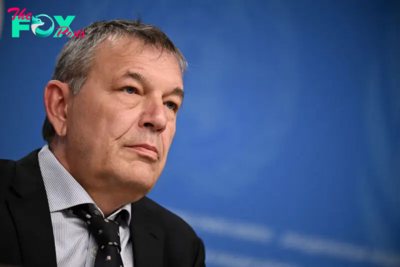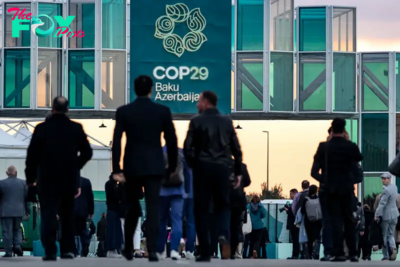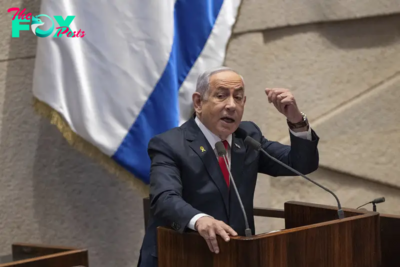World News
What to Know About Elon Musk’s Battle With a Brazilian Judge Over Speech on Social Media
When billionaire Elon Musk acquired Twitter—now X—in 2022, some feared that the self-avowed free-speech “absolutist” would turn the platform into a free-for-all for disinformation. Now, as a Brazilian judge seeks to crack down on fake news on social media, he and Musk have found each other at odds in a growing spat that could have significant consequences for Musk, Brazil, and X.
On Saturday, X’s Global Government Affairs team posted that it had been forced to block “certain popular accounts in Brazil” without, in its view, sufficient explanation. It was prohibited, it said, from publicizing what accounts were impacted as well as what court or judge issued the orders.
“We believe that such orders are not in accordance with the Marco Civil da Internet or the Brazilian Federal Constitution, and we challenge the orders legally where possible,” the post said. “The people of Brazil, regardless of their political beliefs, are entitled to freedom of speech, due process, and transparency from their own authorities.”
Tensions escalated when Musk, in a series of posts, called out the judge, Brazil’s Federal Supreme Court Justice Alexandre de Moraes, by name and said X would not abide by his orders no matter the consequences. Musk later said de Moraes ordered the suspension of accounts belonging to “sitting members of the parliament and major journalists.”
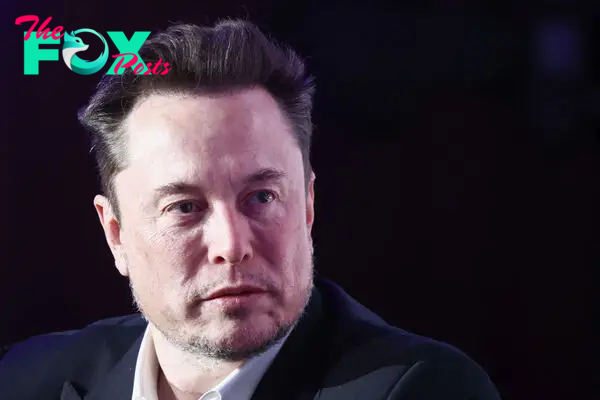
“These are the most draconian demands of any country on Earth!” Musk said in one post.
“We will probably lose all revenue in Brazil and have to shut down our office there,” he said in another. “But principles matter more than profit.”
“This judge has brazenly and repeatedly betrayed the constitution and people of Brazil,” he said in another. “He should resign or be impeached.”
In turn, de Moraes issued a decision Sunday saying he would include Musk in his larger investigation as well as initiate a new inquiry specifically into the X owner, whom he accused of obstruction of justice and incitement to crime—actions, in the judge’s description, that “disrespect Brazil’s sovereignty.”
X has not responded to TIME’s request for comment. Here’s what to know about the situation.
Who is Alexander de Moraes?
De Moraes was appointed to Brazil’s Supreme Federal Court in 2017 after previously serving as Minister of Justice and Public Security. He has also served as president of the country’s electoral tribunal since 2022 and is known as a crusader against anti-democratic forces in Brazil.
As a justice, de Moraes has ordered investigations into former President Jair Bolsonaro and his involvement with the post-election capitol riots in Brasilia last year. He has also jailed some of Bolsonaro’s supporters for what he claims to be attacks on Brazil’s democratic institutions.
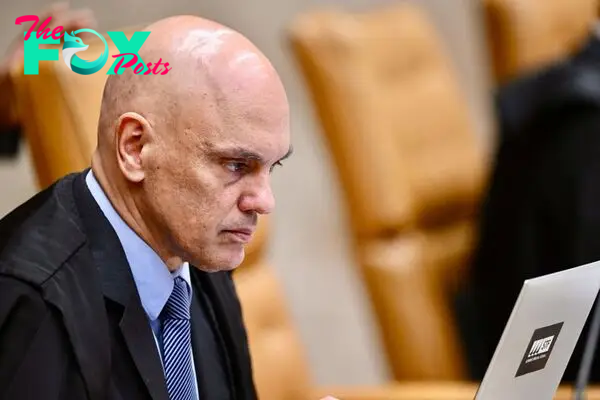
Since 2019, De Moraes has led an investigation into Brazil’s so-called “digital militias”—purveyors of fake news for political or ideological groups—that have been verbally attacking court members.
In March 2022, de Moraes ordered the nationwide suspension of Telegram, a platform used heavily by Bolsonaro and his supporters, for its alleged failure to shut down disinformation networks. Just ahead of the October 2022 presidential election runoff between Lula da Silva and Bolsonaro, the electoral tribunal gave de Moraes unilateral power to order tech companies to remove online posts and videos under the threat of suspension in Brazil.
Right-wing politicians, including Bolsonaro, have accused de Moraes of overstepping his authority and abusing his power, though many of de Moraes’ defenders argue that the judge’s approach is sound, given the fragility of democracy in the country.
How has Brazil’s government responded to Elon Musk?
On Sunday, de Moraes warned against Musk’s decision to defy the order on blocking certain accounts, saying that each reactivated account would entail a fine of 100,000 reais ($20,000) per day.
Brazil’s attorney general Jorge Messias also reacted on X, saying that it is “urgent” that Brazil regulate social media networks operating in the country.
“We cannot live in a society in which billionaires domiciled abroad have control of social networks and put themselves in a position to violate the rule of law, failing to comply with court orders and threatening our authorities,” Messias said. “Social peace is non-negotiable.”
In a separate post, Brazilian lawmaker Orlando Silva said Musk has disrespected the country’s judiciary, adding that he would propose legislation on a “responsibilities regime for these digital platforms.”
“We have reached a limit,” Silva said. “It is a response in defense of Brazil.”
And Brazil’s Secretary of Social Communication Paulo Pimenta posted on X in response to de Moraes’ opening of an investigation into Musk: “We will not be intimidated. Our Country is sovereign and no one is going to impose their authoritarian will and enforce the logic that money makes their ‘Business model’ above the Federal Constitution.”
-

 World News2d ago
World News2d agoLandmark Bill to Ban Children From Social Media Introduced in Australia’s Parliament
-

 World News2d ago
World News2d agoAmerican and Australian Tourists Die in Laos After Drinking Tainted Alcohol
-
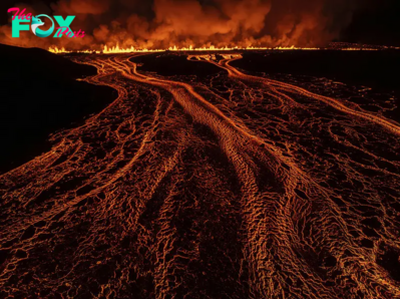
 World News2d ago
World News2d agoSee Photos of the Seventh Volcanic Eruption on Iceland’s Reykjanes Peninsula in 12 Months
-

 World News2d ago
World News2d agoMuhammad Yunus on the Race to Build Bangladesh 2.0
-
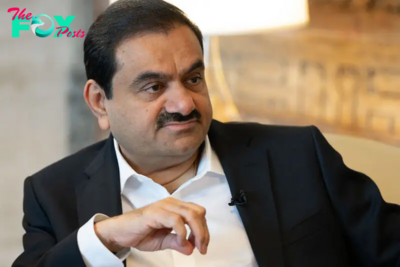
 World News3d ago
World News3d agoU.S. Charges Indian Billionaire Gautam Adani With Defrauding Investors
-

 World News3d ago
World News3d agoU.S. Vetoes U.N. Resolution Demanding a Cease-Fire in Gaza
-

 World News3d ago
World News3d agoPutin Signs New Doctrine Lowering Nuclear Weapons Threshold in Warning to U.S.
-
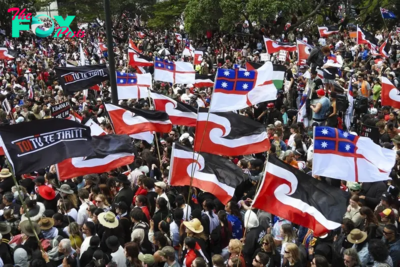
 World News3d ago
World News3d agoTens of Thousands Rally at New Zealand’s Parliament in Support of Māori Rights
